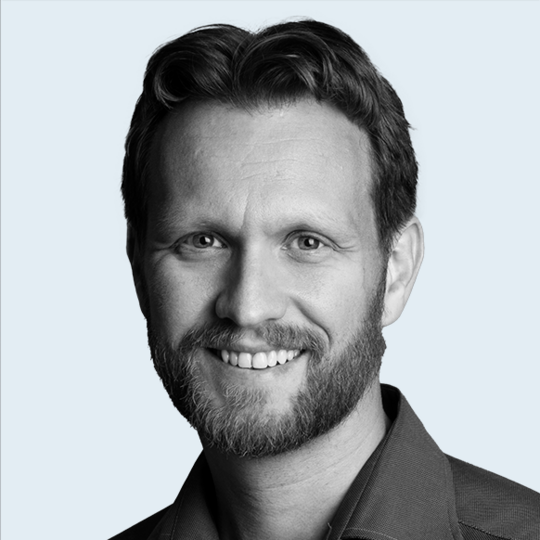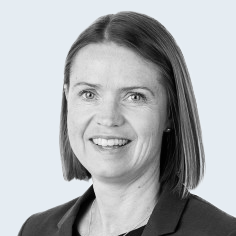Deep farming & lice control
By operating in the deep, the conditions for the salmon are optimized and the lice problem is reduced.
By operating in the deep, the conditions for the salmon are optimized and the lice problem is reduced.
The scientific results from the research project Atlantis Subsea Farming showed that the salmon lice challenges can be significantly reduced. With the results, we can now conclude that deep farming might be an answer to several of the industry's sustainability challenges.
We have commercially available solutions that guide the fish below the upper water layer where parasites such as salmon lice thrive best, which means that the challenges associated with salmon lice are greatly reduced. The solutions are cost-effective. With our experts and modeling tools, we can help you find out which sites are suitable for deep farming.
There are more reasons for using deep farming than just salmon lice. Other undesirable parameters in the upper water layer may be temperature, currents and/or waves and bad weather. The solutions are designed to find an environment where the fish thrive and that enables good fish health, fish welfare and growth. The solutions allow for the development of new farming areas, such as more exposed sites that are not in use today.
AKVA group has developed and offers three deep farming and lice solutions:
The solution that is most suitable for the customer depends on the environmental and physical conditions at the site, as well as the desired application. When operating at depth, it is essential to have a thorough knowledge of environmental conditions at the site, such as temperature, salinity, currents, wind, oxygen, etc. Based on this information, with the help of our marine engineers and the simulation tool AquaSim, AKVA group will be able to analyze and find a suitable solution for the specific location.
AKVA group has for a long time collaborated with research communities for the development of deep farming. For several years, we have collaborated extensively with the Institute of Marine Research and Frode Oppedal's research group to better understand the biology of fish and the environment. The academic topics of the collaboration have primarily focused on:
Relevant knowledge:
The salmon louse's growth, mark-up success and reproduction are temperature dependent and the larvae avoid brackish water: IMR presentation in Norwegian (fhf.no)
We collaborate with SINTEF Ocean (formerly SINTEF Fisheries and Aquaculture), on testing in their flume tank in Hirtshals, where principles for immersion were tested in the initial phase of Atlantis and TubenetTM. The collaboration with the research communities and customers on deep farming solutions has been important to AKVA group.
See our webinar about deep farming from 30 January 2023 below (in Norwegian).

